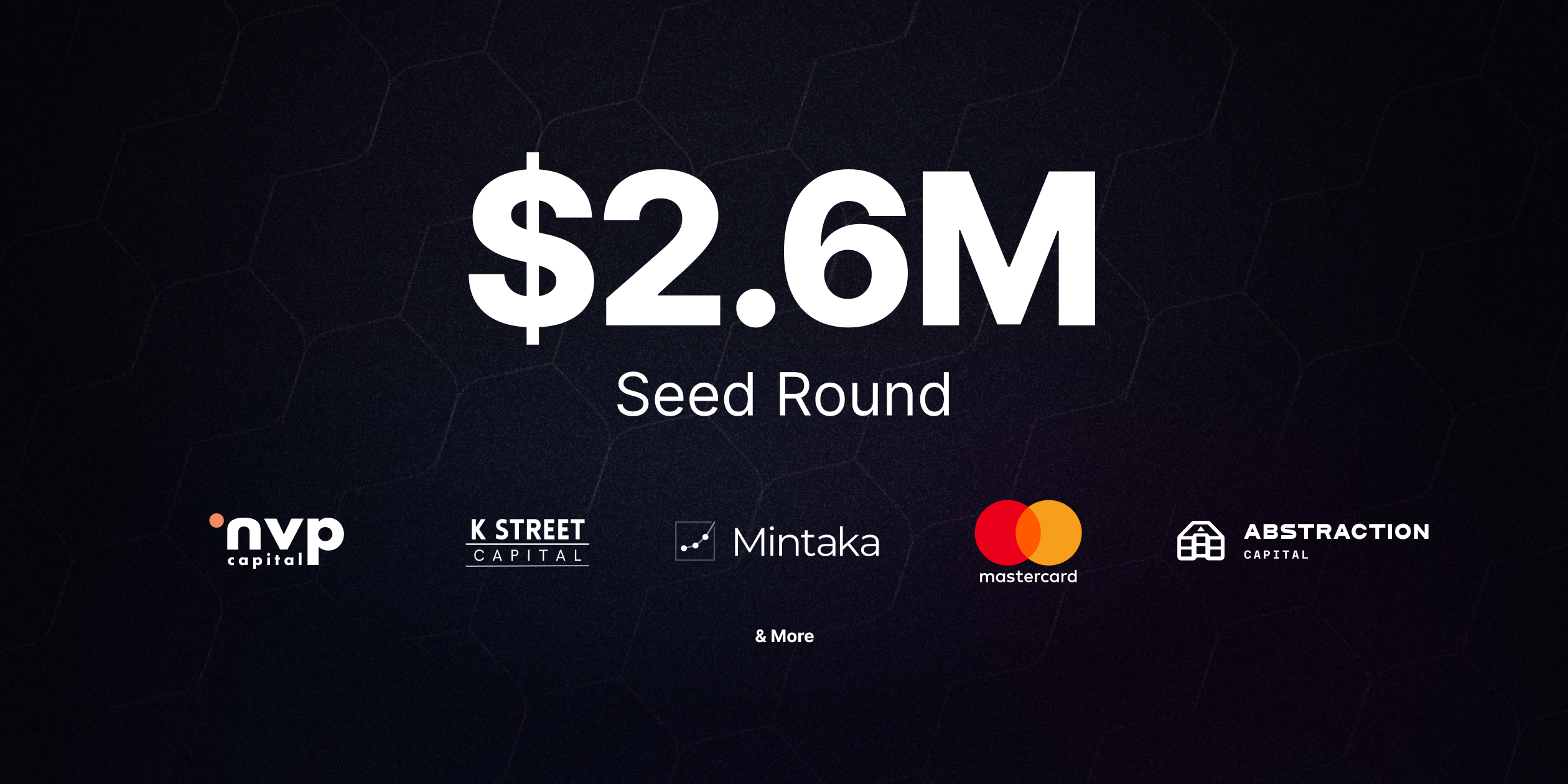
Fintech’s First “Easy Button” — The Quiltt Connector
At Quiltt, we’re on a mission to dramatically lower technical barriers to innovation in the financial services space. Our platform empowers anyone to quickly connect customer financial data, stitch relevant APIs, and deploy intelligent workflows to bring innovative financial experiences to market.
Today we’re delighted to launch the Quiltt Connector, the industry’s first true “easy button”. The Connector allows teams to - regardless of their engineering bandwidth - onboard customers onto leading account aggregation, transaction enrichment and other financial APIs, with no integration work required.
Why Now?
Mo Integrations, Mo Problems
The global pandemic dramatically accelerated customer adoption of digital financial services - from banking and lending to investing and personal finance - and there is no going back. In turn, we saw an unprecedented increase in new financial data infrastructure. Account aggregation, transaction enrichment, debt repayment, bill management, and others have become highly competitive categories in fintech.
Today’s consumers and businesses increasingly demand that financial experiences they use are reliable, secure and accurately understand their full financial picture. Even traditional financial institutions have caught on, with many boasting feature-rich financial experiences that rival those offered by the most celebrated fintech companies.
Innovators Need Help
Today’s startups and established companies have to do more with less while facing a paradox of choice:
- How much engineering bandwidth can we dedicate to standing up and maintaining integrations?
- Which data providers should we use today? What about tomorrow? What about data coverage?
- What pricing models can we commit to? What if our business model changes?
- What happens if a provider pivots, or falls on hard times?
If you’re rich in cash or engineering talent, mistakes can be patched over with more cash and more engineering work. But for most the environment has changed:
- For startups, cash is tighter and engineering teams are leaner.
- Entrepreneurs and established companies are looking to do more with less.
- Traditional financial institutions are being opportunistic, looking to catch up without reinventing the wheel.
Finally, a new wave of non-engineer builders, armed with no-code tools and accustomed to accomplishing almost anything are getting in the fray. They demand new ways of building:
- New integration approaches capable of breaking through the “API wall”.
- Access to the same technologies Silicon Valley companies are leveraging, without access to Silicon Valley engineers.
- Native compatibility with no-code tooling from companies like Zapier, Airtable and Retool.
Infrastructure Providers Need Help Too
Established financial infrastructure companies are aggressively launching new products and expanding into new markets. Many must meet ambitious late-stage investor expectations, while defending from nimbler upstarts. Meanwhile the upstarts still need to get their products into the hands of customers as painlessly and quickly as possible. Delightfully simple integrations are not a nice to have - they’re now table stakes.
All this in the face of leaner engineering teams, tighter budgets and growing heartburn about building complex and distracting data plumbing in-house.
Unified APIs to the Rescue
When the web analytics space reached a similar stage in the mid-2010s, companies like Segment dramatically rethought the model: now instead of writing complex analytics integrations into multiple disparate providers, you could integrate once and let a unified API provider handle the downstream connections to the services you wanted to use. Adding a new data source or destination became a flip of the switch, not a multi-month engineering project, powered by common and standardized data models.
More recently, companies like Merge.dev, Codat, and Rutter have started rapidly cutting down integration bottlenecks in their categories, seamlessly connecting eager customers with the data and APIs they need and want to build amazing digital experiences.
What’s most exciting is that these new abstraction layers do not operate in a zero-sum environment. Unified APIs help innovators and providers find each other and dramatically speed time-to-market, effectively pouring gasoline onto their respective ecosystems.
What is the Quiltt Connector?

Quiltt’s core product is a unified API for customer financial data. Our data platform leverages a suite of pre-built integrations to best-in-class financial APIs like Plaid, MX and Spade. This allows our clients to instantly access comprehensive financial pictures of their customers, without building and maintaining complex back-end integrations.
By handling all the back-end integration work, we’ve helped our beta customers save countless hours and dollars, freeing their engineers to focus on core product functionality. Historically our clients just needed to integrate with their data provider’s front-end UI module (i.e. Plaid Link) into their product and let us to do the heavy lifting on the back-end.
But as our platform has grown, the most common request we’ve been hearing was to solve the front-end piece of the puzzle as well. Multiple providers means handling multiple widgets, each becoming more feature-rich in its own right, is creating a new form of complexity.
This is why we built the Quiltt Connector - a modular, fully embeddable front-end experience for onboarding customers onto the core data platforms we support. The Connector orchestrates and configures the account-linking flows of the infrastructure providers we support, customizable through our no-code, web-based Dashboard. Depending on your use-case, the Connector can even enroll and authenticate new customers for you on the fly.
How it works
The Connector is much simpler than how things typically work today:
- Log into the Quiltt Dashboard.
- Grab the Connector URL or a 1-line embed snippet. See the docs for embed instructions.
- Have your lead or customer visit the URL or your website/app to go through Connect.
- Access their data via API or the Dashboard.
While we will always support code-based configuration for complex use-cases, there are no API calls, token handshakes or complex configuration objects required!




